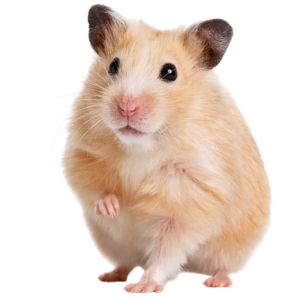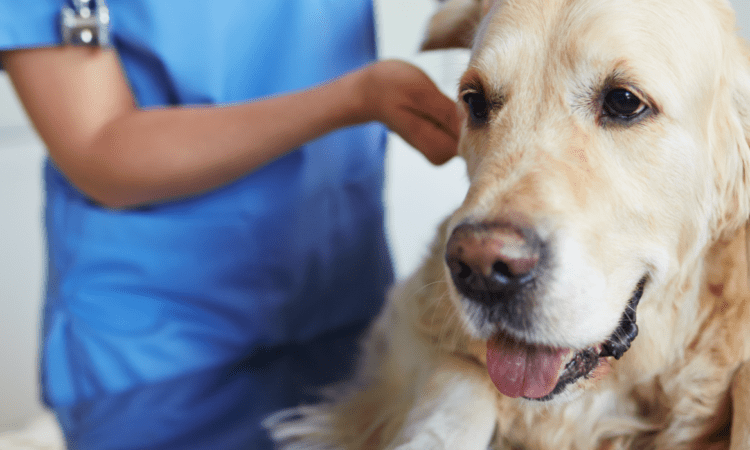The term Pocket pet is commonly used for small mammals like rodents, that families can enjoy as pets. The most common small mammals included in this category are mice, rats, guinea pigs, ferrets and hamsters.
Rabbits are becoming a common household addition. Our team is experienced in providing care for bunnies. Did you know that with great care, diet and lifestyle, rabbits could live up to 12 years?
What pocket pets do you service?
Bridgwater Veterinary Hospital is here for you and your rabbit or pocket pet should you need us in an emergency situation.
Does my bunny need to get spayed or neutered?
Yes! Just like in cats and dogs, spaying and neutering has benefits. Spayed bunnies are less likely to develop uterine cancer in the future, which occurs in over 80% of unspayed females older than 2 years. We recommend having your bunny spayed or neutered between 4-6 months old.
What should I feed my pet rabbit?
Rabbits naturally eat plants. Their bodies are built to consume leaves, grass, some vegetables and fruits. We recommend feeding your bunnies grass hay, which are rich in minerals, proteins and vitamins. Your rabbit’s diet should also include green foods such as collard greens, kale, lettuce etc. Rabbit pellets should be given in small amounts to prevent overeating. It is perfectly fine for your pet bunny to eat carrots, red or green bell peppers, pineapples and blueberries as treats.
NOTE: You should avoid feeding your rabbit bananas and grapes as they can become hooked on these foods and refuse to eat anything else. Rabbits should also not consume foods rich in starch or fats. Examples include nuts, oats, chocolate, cereals or beans.
How can I care for my rabbit?
- Toys. No matter the breed, all rabbits need toys that keep them engaged. Choose hard plastic toys that are safe to chew on. If you cannot be home to play with your bunny, it is recommended to get a second bunny so they can play with each other.
- Cages. Your bunny needs a cage big enough to play and hide in. A box full of hay can be a perfect hiding place for most bunnies. The cage should also have separate spaces for a litter box and water bowl.
- Grooming/ Handling. Rabbits do not need baths but they do require regular brushing. You should also trim your rabbit’s nails monthly. Rabbits have fragile backbones so you must support their hind when holding them. It is best to lift your rabbit by scooping under their chest.




